Quantum computing, once the stuff of science fiction, is rapidly becoming a reality, poised to revolutionize how we approach computing problems. In the realm of applied quantum computing, we find a powerful excel tool for hard coded operations that has the potential to solve complex problems that were previously deemed unsolvable, even for the most advanced classical computers.
However, understanding the concept of applied quantum computing and its relevance to terms like “hard coding” and “hardcoded secrets” can be a perplexing endeavor. In this blog, we will deeply explore applied quantum computing, explore the notion of “hard coded,” and uncover how quantum computing can transcend these constraints.
What is Applied Quantum Computing?
Applied quantum computing, in essence, is the utilization of quantum computing technology to solve real-world problems. While classical computers operate on bits, which represent information as either 0 or 1, quantum computers employ quantum bits, or qubits, which can exist in multiple states simultaneously due to the principles of superposition and entanglement. This fundamental difference in processing information empowers quantum computers to perform complex calculations at a speed that classical computers can only dream of.
What Does Hard Coded Mean?
Before delving further into applied quantum computing, it’s crucial to understand the concept of “hard coding” or “hard coded.” In the field of software development, “hard coding” refers to the practice of embedding data or parameters directly into the source code of a program or application.
Hard Coding and Its Significance
Hard coded practices involve inflexibly defining values, such as constants or configuration settings, without the ability to easily modify them externally. This approach, while expedient, can lead to several issues, including reduced flexibility, maintenance challenges, and security vulnerabilities.
Hardcoded Meaning and Implications
Hardcoding can be seen as the antithesis of flexibility and adaptability in software development. When certain values are hardcoded, it means they are rigidly embedded into the program’s source code.
For example, imagine a piece of software that connects to a database, and the database credentials are hardcoded into the code. If the credentials need to change, the entire codebase must be modified, compiled, and redeployed, which is neither efficient nor secure.
The Quantum Leap: Beyond Hard Coding
Applied quantum computing has the potential to revolutionize software development by transcending the limitations imposed by hard coding. How? By harnessing the immense computational power of quantum computers to create more flexible, adaptive, and secure software systems. Let’s explore the key ways in which quantum computing can achieve this:
1. Quantum Key Distribution (QKD)
One of the primary concerns with hardcoding in software development is the security of sensitive data, such as encryption keys. QKD, a quantum cryptography technique, enables the creation of unhackable encryption keys. These keys are secure because any eavesdropping attempts would disrupt the quantum state, making intrusion immediately detectable.
2. Dynamic Reconfiguration
Quantum computers can dynamically reconfigure themselves to adapt to changing requirements. In software development, this means that parameters that were traditionally hardcoded can now be modified on the fly, allowing for greater flexibility and responsiveness to evolving needs.
3. Solving Optimization Problems
Many software applications involve complex optimization problems, from supply chain logistics to route planning. Quantum computers excel at solving such problems exponentially faster than classical computers. This capability enables the development of more efficient and adaptable software solutions.
4. Enhanced Cryptographic Solutions
Quantum computing is poised to break current encryption schemes but also offers new cryptographic techniques that are highly secure. These advancements can safeguard against hardcoded secrets being compromised.
The Future of Applied Quantum Computing
As we embrace the era of applied quantum computing, it’s essential to recognize that it is not a panacea for all software development challenges. Quantum computers are still in their infancy, with many technical and practical challenges to overcome. However, as this technology continues to evolve, its impact on the software development landscape will be profound.
One area where applied quantum computing is making rapid strides is in the optimization of supply chain management. Complex logistics problems that previously took days or even weeks to solve can now be addressed in a matter of minutes. This speed and efficiency offer a glimpse into the potential for quantum computing to redefine how software solutions are built and deployed.
The world of cryptography is also on the brink of a revolution. Quantum-resistant cryptographic techniques are being developed to thwart potential attacks from quantum computers. These innovations will ensure that sensitive data, which was traditionally protected by hard coded secrets, remains secure in the quantum age.
Conclusion
Applied quantum computing represents a quantum leap in the world of software development, offering solutions that transcend the constraints of hard coded procedures. As quantum technology continues to advance, its potential to enhance security, flexibility, and efficiency in software development becomes increasingly evident.
While we are still in the early stages of this transformative journey, it’s clear that applied quantum computing will play a pivotal role in shaping the future of technology and how we approach and overcome complex computational challenges. It’s an exciting era of exploration and innovation, where the limits of what can be achieved are continually redefined.
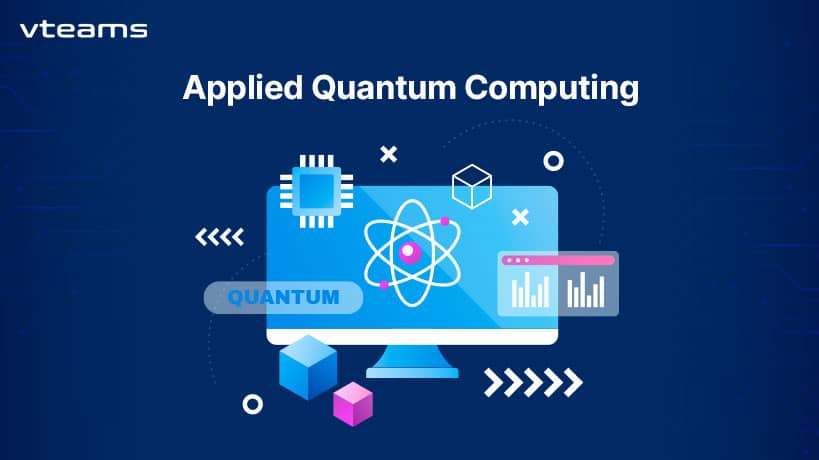


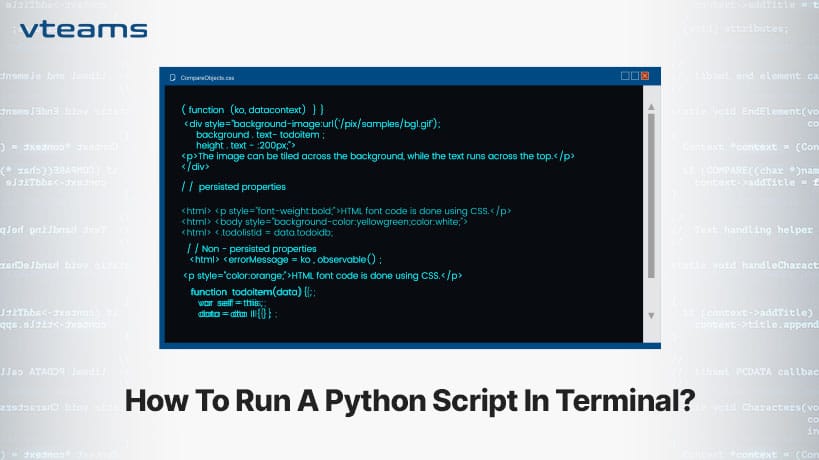

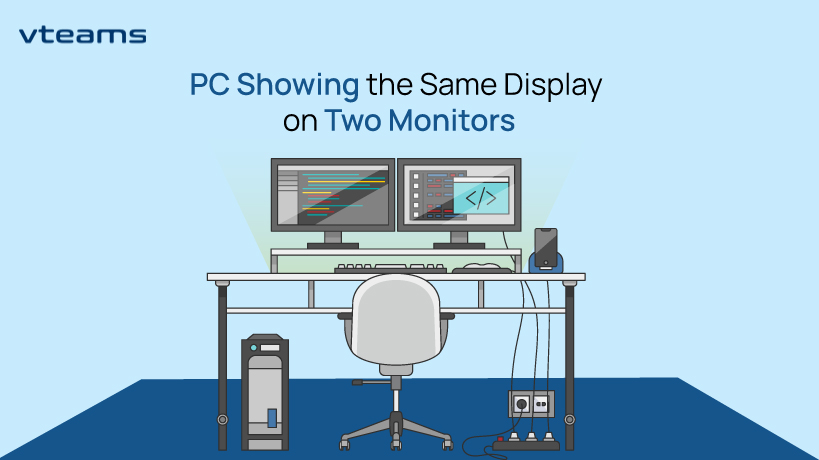






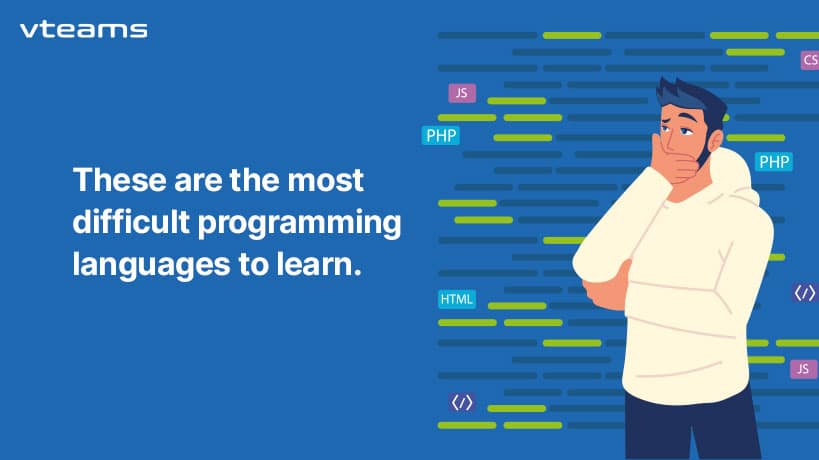
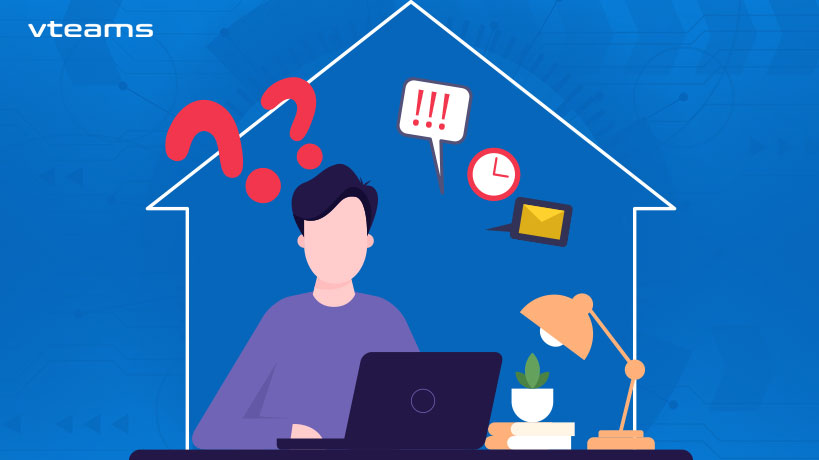
0 Comments